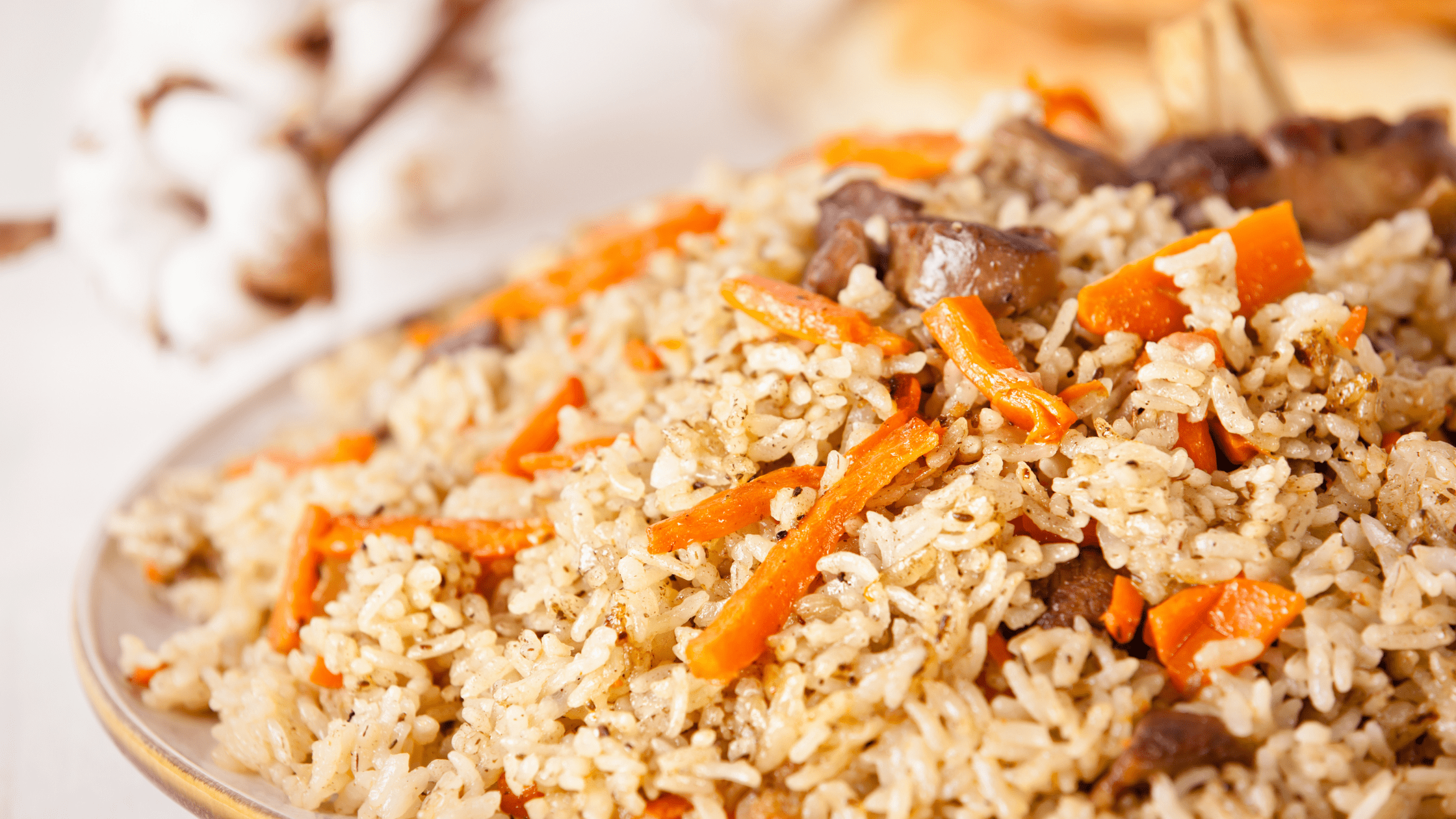Do you know how to measure rice cooker water? If not, don’t worry – you’re not alone! Measuring the correct amount of water is essential for making perfect rice, and it can be a little tricky if you’ve never done it before. In this guide, we will walk you through the process step-by-step. So whether you’re a beginner or an experienced cook, read on for all the information you need to make perfect rice every time!
What is the Right Water Level for Your Rice Cooker and why is it Important?
If you’ve ever wondered how much water to put in your rice cooker, you’re not alone. It’s a common question, and one that has a surprisingly simple answer. The key is to use the correct rice to water ratio. For most rice cookers, the ideal ratio is 1:1, which means that for every cup of rice you add, you should also add one cup of water. This may seem like a lot of water, but it’s necessary in order to produce fluffy, cooked rice. If you add too little water, the rice will be undercooked and dry. Too much water, on the other hand, can result in soggy, mushy rice. So, the next time you’re preparing rice in your cooker, be sure to use the correct water level for best results.
How do You Measure the Correct Amount of Water to Use in Your rice Cooker for Perfect Results Every Time?
Any rice lover knows that getting the perfect rice is all about the water to rice ratio. Too much water and your rice will be mushy, too little and it will be dry and crumbly. So, how do you measure the correct amount of water to use in your rice cooker for perfect results every time?
First, you’ll need to determine the capacity of your rice cooker. Most rice cookers have a capacity of between 4 and 8 cups, but it’s always best to check the manufacturer’s instructions to be sure. Once you know the capacity of your rice cooker, you can start measuring out the water.
For most types of rice, you’ll want to use 1 cup of water for every 1 cup of rice. So, if you’re cooking 4 cups of rice, you’ll need 4 cups of water. If you’re cooking 8 cups of rice, you’ll need 8 cups of water. Easy, right?
Now, there are a few exceptions to this rule. For example, if you’re cooking basmati or jasmine rice, you may want to use 1.5 cups of water for every 1 cup of rice. This will help to prevent the rice from becoming too
What Are Some Common Mistakes People Make when Measuring Rice Cooker Water Levels, and How Can you Avoid Them?
When it comes to rice cookers, water is everything. Too little, and your rice will be dry and crumbly. Too much, and you’ll end up with a soggy, mushy mess. So how can you avoid these common mistakes and get the rice-to-water ratio just right?
One mistake people often make is using too much water relative to the amount of rice. This is especially true when cooking rice in an electric rice cooker, as rice cookers tend to work best with a 1:1 ratio of rice to water. If you use too much water, your rice will cook for longer and absorb more water than necessary, resulting in softer, mushier rice.
Another mistake people make is not accounting for the absorbency of the rice. Different types of rice have different absorbency rates, so it’s important to factor this into your measuring. For example, Basmati rice has a low absorbency rate, so you’ll need less water than you would for other types of rice. Conversely, sushi rice has a higher absorbency rate, so you’ll need more water to cook it properly.
Finally, one mistake that’s easy to make is not taking into account the ev
What Should You do if Your rice Cooker Doesn’t Have a Water Level Indicator or Markings on the Pot Itself to Help you Measure Correctly?
If your rice cooker doesn’t have a water level indicator or markings on the pot itself, don’t worry – there’s still a way to measure the water correctly. The general rule of thumb is to use 1 cup of water for every 1 cup of rice. So, if you’re cooking 1 cup of rice, you’ll need 1 cup of water. If you’re cooking 2 cups of rice, you’ll need 2 cups of water, and so on.
Of course, this is just a general guideline – some rice cookers may require slightly more or less water. If your rice cooker has specific instructions, be sure to follow them. Otherwise, the 1:1 ratio should work fine. And if in doubt, err on the side of using less water rather than more – it’s easier to add more water if needed than it is to try and remove excess water from the pot!
Conclusion:
So, there you have it. Everything you ever wanted to know about measuring rice cooker water and then some! We hope this guide was helpful and that you will be able to cook perfect rice every time using the correct water-to-rice ratio. Let us know how it goes in the comments below!


